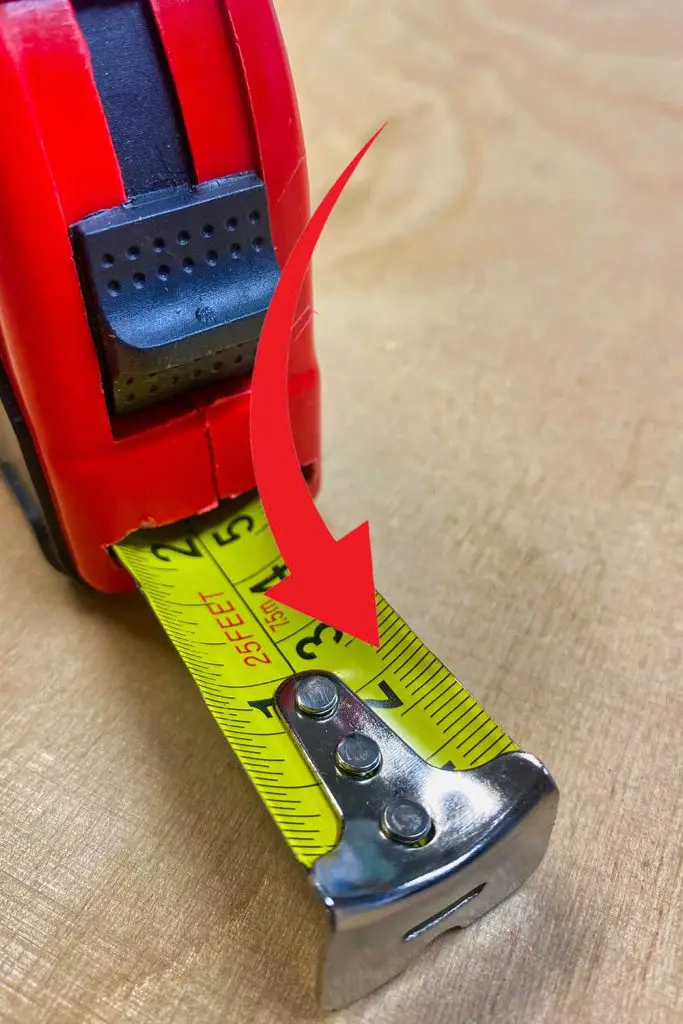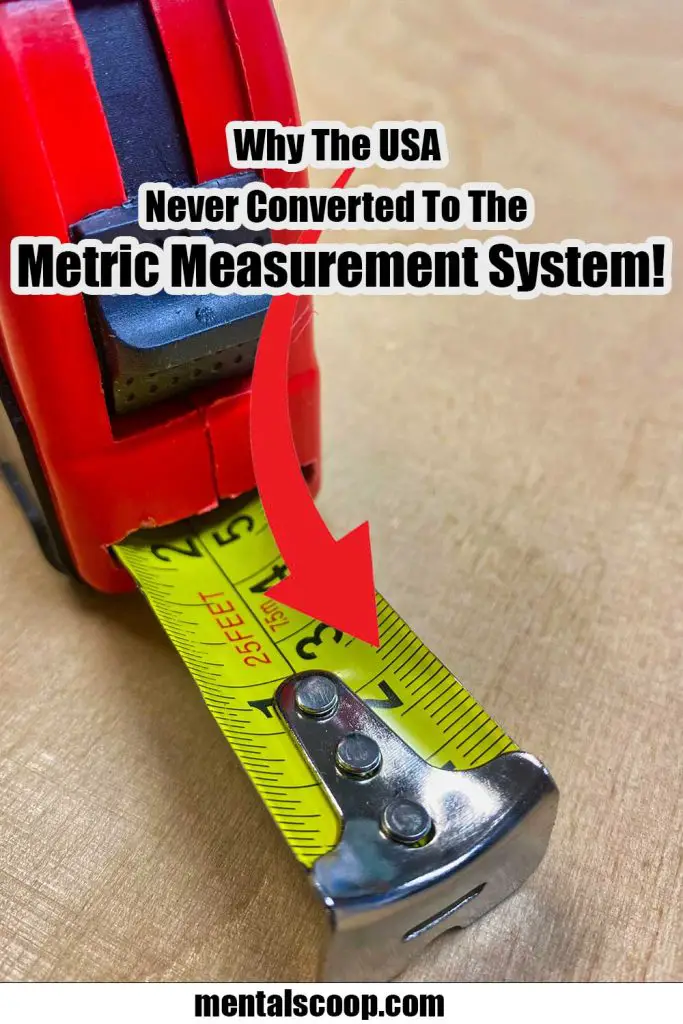Why The USA Never Converted To The Metric Measurement System!

The United States of America stands out as one of the very few countries in the world that has not fully adopted the metric measurement system. While most of the world has embraced metric units for measurements like length, weight, and volume, the USA continues to use its customary system of inches, pounds, and gallons.
This article explores the historical, cultural, and practical reasons behind the USA’s steadfast adherence to its customary units, shedding light on a subject that has intrigued many. We’ll delve into 14 key factors that contribute to this unique situation and unravel the mystery of why the USA never fully converted to the metric system.
Historical Roots of the Customary System
The roots of the US customary system trace back to the country’s colonial history. Early settlers brought their measuring customs from Europe, and these units gradually became entrenched in American culture. The familiarity and longevity of these units have made it challenging to transition to metric.
Resistance to Change
People are naturally resistant to change, especially when it involves something as fundamental as measurement. Generations have grown up with the customary system, making it difficult for them to adapt to metric units.
Economic Considerations
Transitioning to the metric system would require significant investments in new tools, equipment, and education. This financial burden has deterred many businesses from making the switch.
Dual-System Use
The USA has adopted a hybrid approach, using both metric and customary units in various industries and contexts. This dual-system approach complicates the transition and can cause confusion.
Lack of a Compelling Reason
Unlike many other countries, the USA hasn’t faced a pressing need to fully convert to the metric system. Industries that rely on metric units, such as science and medicine, have already made the transition, while everyday life often continues with customary units.
Educational Challenges
The American education system predominantly teaches customary units, which makes it challenging for students to grasp the metric system fully. This perpetuates the cycle of using customary units in daily life.
Metric System’s Global Adoption
The fact that the metric system is used globally while the customary system is primarily confined to the USA can create hurdles in international trade and communication. However, the USA’s economic size has allowed it to maintain its customary system.
Cultural Attachment
Customary units are deeply ingrained in American culture, from recipes in cups and tablespoons to road signs in miles. This cultural attachment can be a powerful force in resisting change.
Industry Lobbying
Certain industries that heavily rely on customary units, such as the construction and automotive sectors, have actively lobbied against full metric conversion to protect their interests.
Lack of Political Will
Efforts to convert to the metric system have often been met with political resistance, making it difficult to enact comprehensive changes at the federal level.
Cost-Benefit Analysis
Some argue that the cost of converting to metric would outweigh the benefits. This perspective considers the potential disruption to various industries and daily life.
Public Opinion
Public opinion plays a crucial role in policy decisions, and many Americans remain attached to their customary units. Politicians may be hesitant to push for metric conversion without widespread support.
Metrication Progress
Despite the resistance, some progress has been made in metrication efforts in the USA, particularly in scientific research and military applications. These pockets of change demonstrate that adaptation is possible.
Future Outlook
As globalization continues to reshape the world, the USA may face increasing pressure to adopt the metric system. It remains to be seen whether the country will eventually embrace full metrication or continue its unique path.

More interesting articles you may be interested in reading:

How To Remove A Tree Stump Painlessly
10 Vital Home Maintenance Tasks You’ll Regret If You Forget
See How Much Propane Is Left In A Tank With No Gauge
Thanks for reading and be sure to share this info with your friends using the social share buttons below.
Talking about social stuff, consider liking our Facebook page to keep up to date with our articles. Check out our other articles for more mental scoops!
